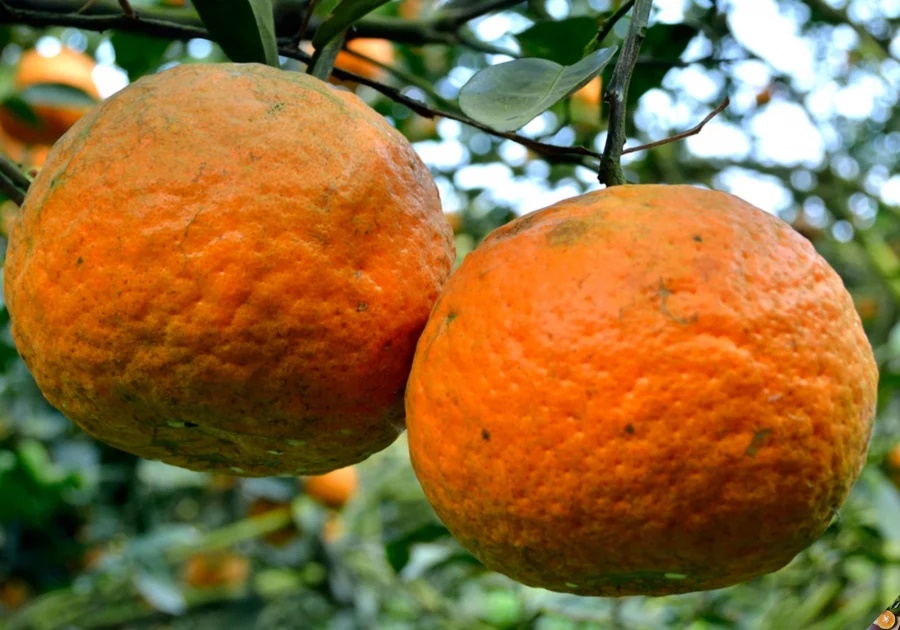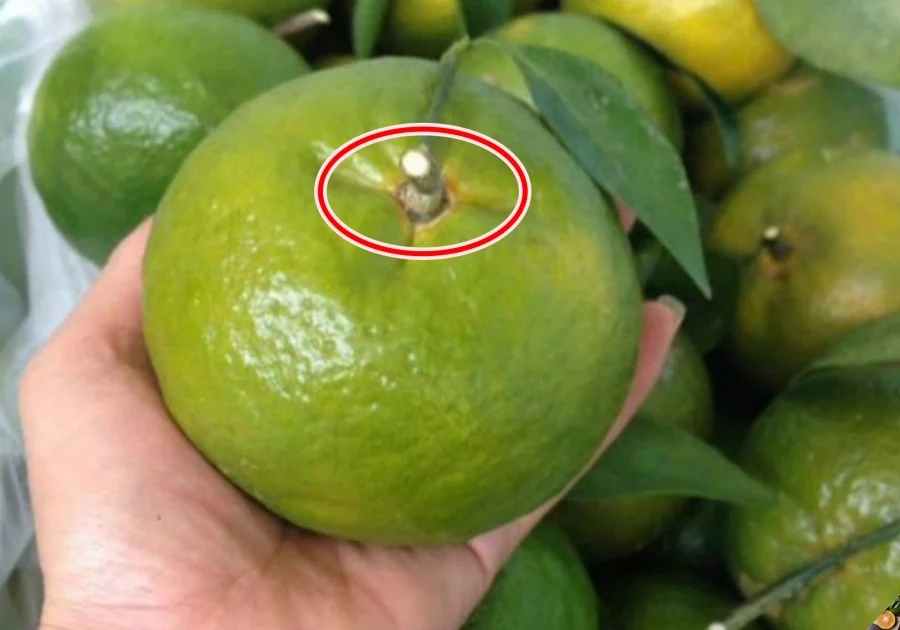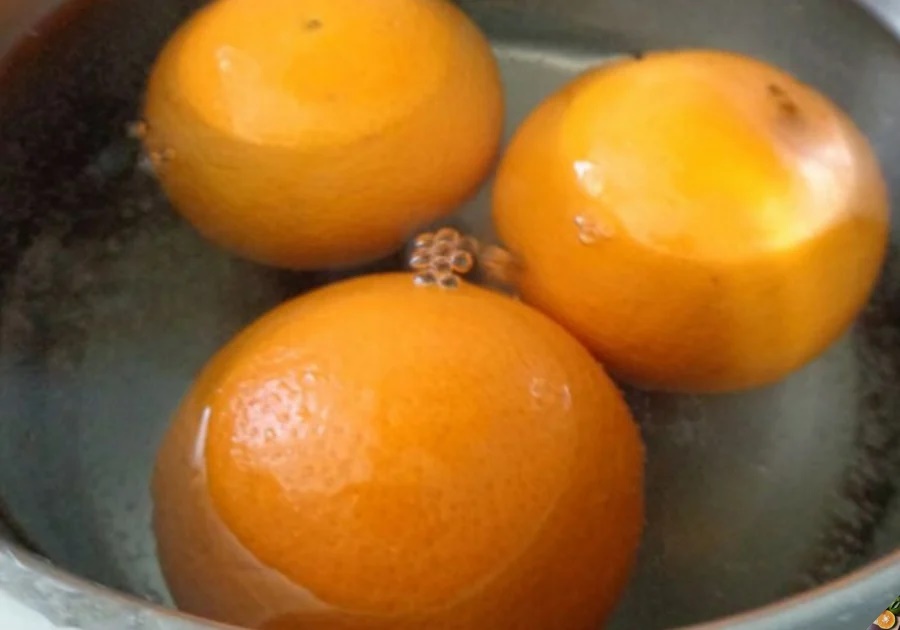Oranges are a great source of vitamin C and offer a plethora of health benefits. In Vietnam, oranges are typically seasonal, with Cam sanh being in abundance during the winter and Cam Vinh available during the summer and autumn months. However, in recent years, oranges have become available all year round due to advancements in agricultural techniques and the import of oranges from China.
Compared to domestically grown oranges, Chinese oranges are significantly cheaper, ranging from 20,000 to 30,000 VND per kilogram. While there may not be noticeable differences in appearance, a discerning palate will detect variations in flavor.
Moreover, Chinese oranges pose greater health risks than locally sourced produce. Many consumers purchase and consume these oranges daily, unaware of the potential harm to their health.
So, is there a way to distinguish between Vietnamese and Chinese oranges? A seasoned orange seller shares three tips to help you easily identify the quality of these fruits.
How to Differentiate Between Chinese and Vietnamese Oranges
Shape and Appearance
By observing the external shape and appearance, you can gain insights into the quality of the orange:

Aroma and Taste
– Vietnamese Oranges
Oranges grown in Vietnam have a deep yellow flesh. When cut open, you will be greeted by a delightful aroma of essential oils and fresh orange juice. The taste is mildly sweet and refreshing, with a subtle tang in the unripe ones, which is not overly sharp.

– Chinese Oranges
Oranges imported from China have a yellowish hue similar to lemons, and they are usually seedless. While the fruit may appear juicy, it lacks the distinctive aroma of Vietnamese oranges. In terms of taste, Chinese oranges are sweet with a mild sourness but lack the depth of flavor of their Vietnamese counterparts.
Harvest Seasons
In the current market, there is a wide variety of oranges available. During their respective peak seasons, oranges are at their sweetest and most fragrant, and importantly, they are less likely to be treated with harmful chemicals. The harvest times vary depending on the type of orange:
– Cam sành from Ha Giang and Tuyen Quang: December to February of the following year.
– Cam Sai Gon: Available all year round.
– Chinese oranges: August to September annually.
– Cam canh: November to December (lunar calendar)
– Cam Vinh: From late October to Tet Holiday (Lunar New Year)

Tips for Choosing Juicy and Delicious Oranges
When purchasing oranges, keep the following in mind:
– Select oranges that are round and symmetrical, avoiding any misshapen fruits.
– The skin of the orange should not be too smooth or too rough. Oranges with thicker, slightly raised stems tend to be sweeter.
– Look for bright, vibrant colors. For Cam Sai Gon, the color should be fresh green, while Cam sành should have a golden hue but not uniformly colored. Avoid oranges that are evenly yellow or have an overly bright yellow face, as these are likely forced-ripened and may taste sour.
– Heavier oranges indicate juicier, more water-rich fruits. Larger oranges that feel light may be dry and spongy.
Storage Tips for Oranges
To prolong the freshness of oranges, consider the following methods:
Baking Soda
Baking soda, also known as “muối nở,” is an effective way to keep oranges fresh for an extended period.
– Prepare a solution by mixing a suitable amount of baking soda with water in a basin.
– Thoroughly wash the oranges and then soak them in the solution for about a minute.
– Remove the oranges from the solution and dry them thoroughly, ensuring the skin is completely moisture-free.
– Place the oranges in a plastic bag, seal it tightly, and store them in the cool compartment of your refrigerator.

Table Salt
Similar to baking soda, salt can also be used to preserve the freshness of oranges. Here’s how:
– Dissolve salt in clean water.
– Soak the thoroughly washed oranges in the salt solution for about 2 minutes.
– After soaking, remove the oranges and gently dry them, being careful not to damage the skin.
– Arrange the oranges in a container or plastic bag, seal it tightly, and store them in the cool compartment of your refrigerator.
Note: When storing oranges in the refrigerator, avoid placing them with other foods like meat or fish to prevent bacterial cross-contamination, which can cause the oranges to spoil faster.
With these preservation methods, your oranges should remain fresh and taste as if they were just picked for up to 2 to 3 weeks.
According to Xe và thể thao



































